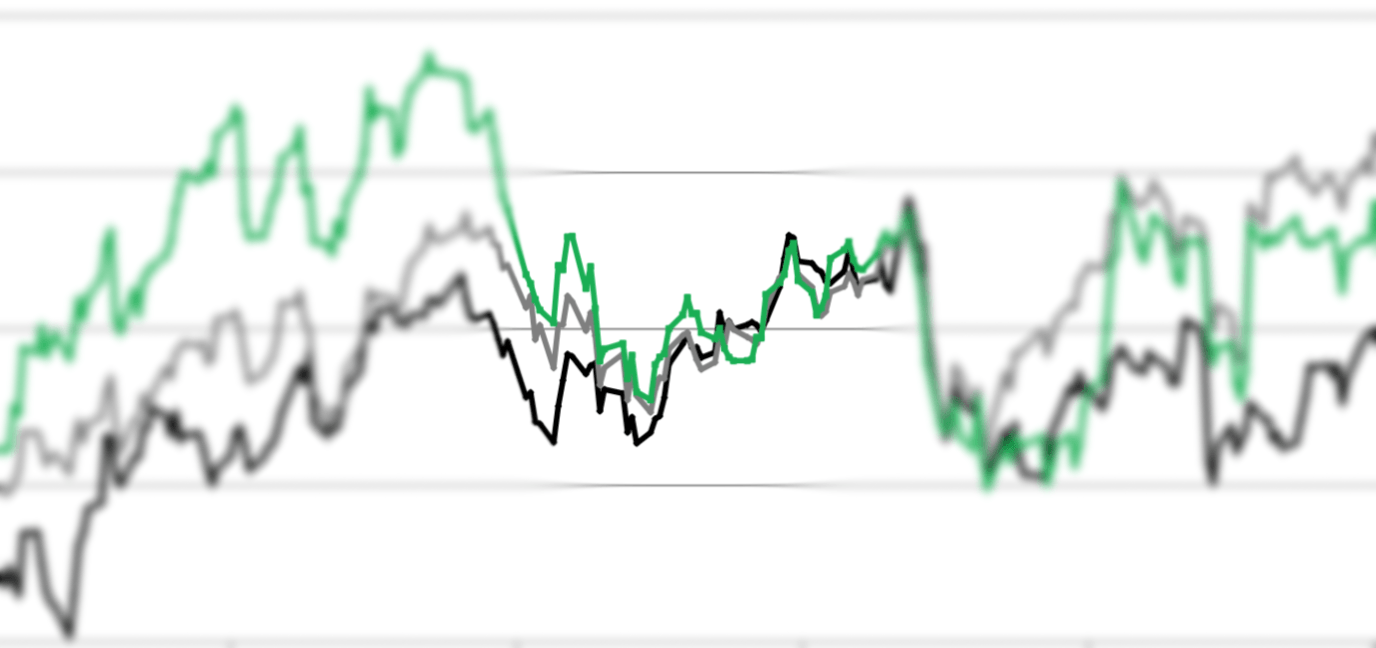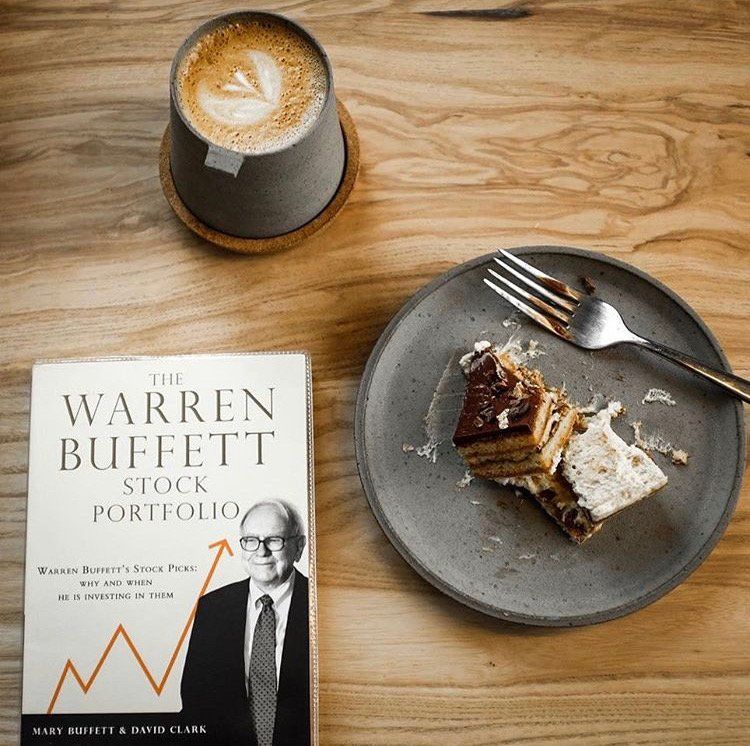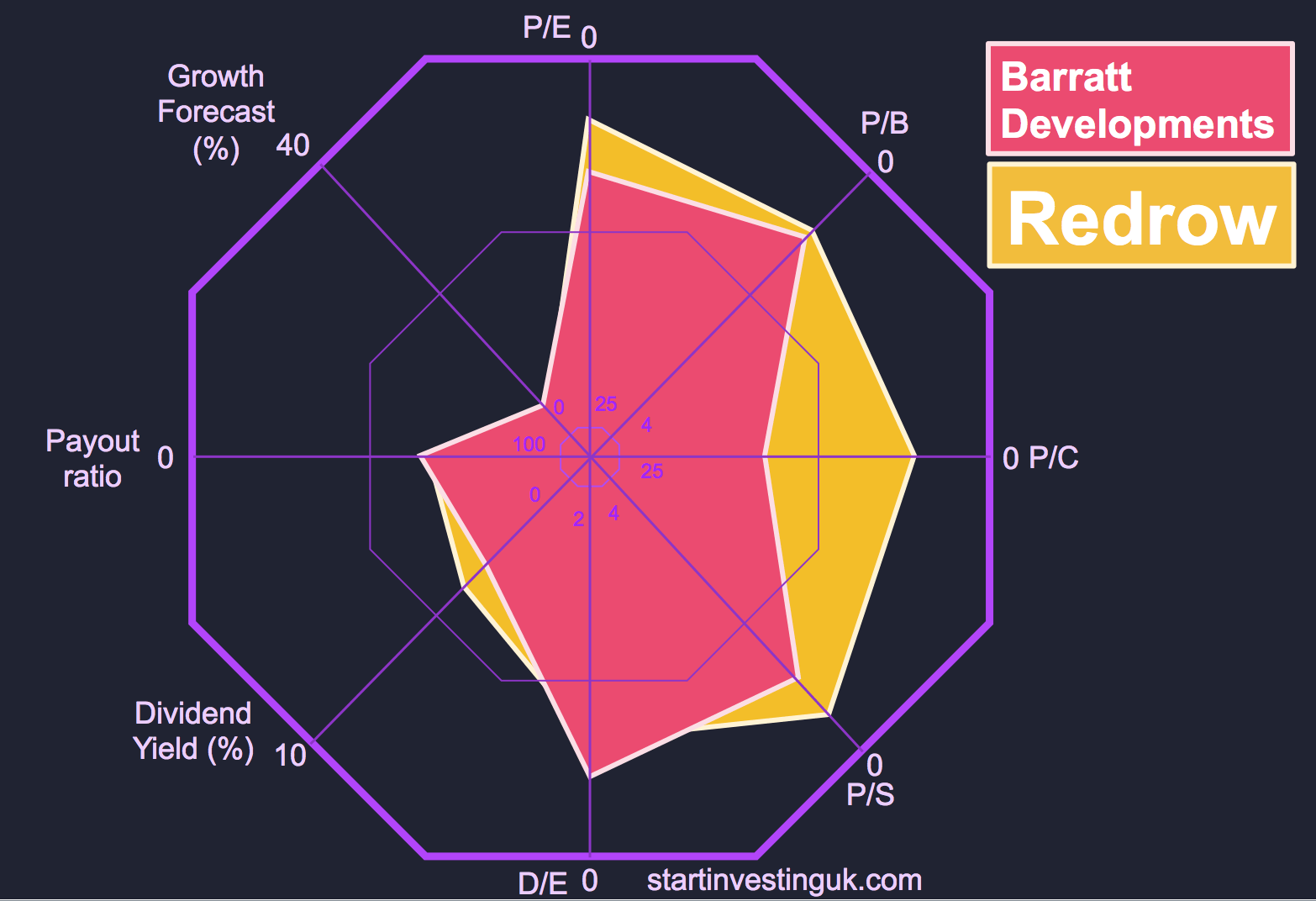Five Lessons from the Warren Buffett Stock Portfolio.
Hello Investopals,
Warren Buffett is the ultimate value investor and is living proof that compounding interest is an incredibly powerful thing. Warren bought his first stock at age 11 and has been investing in the stock market for 75 years. As a result of his canny investments and longevity he is now worth $84.9 billion.
This book examines his most successful stock purchases in fine detail. As a humble value investor starting out on my own investing journey there was plenty of wisdom to be absorbed here.
These are the top five lessons:
1, Patience.
He is very careful with his stock selections to the point where he causes frustration to colleagues at his investing firm Berkshire-Hathaway; his partner Charlie Munger has a nickname for him - ‘The Abominable No Man.’ He waits for great companies to become bargains, usually through downturns in the market and will buy when everyone else is selling. For example, during 1990 fears of a California real-estate crash caused the share price of Wells-Fargo to drop by 50%, despite already having shares in the company Buffett said 'We welcomed the decline because it allowed us to pick up many more shares at new panic prices.' So despite losing a fortune on Wells-Fargo, he knew the company was strong and doubled-down on his investment, which payed off massively later on.
2, Durable competitive advantage .
3, 'Predictable Products Equals Predictable Profits.'
A company with a durable competitive advantage has the benefit of being able to produce the same products year on year and know they are going to sell in a predictable way. For example, he talks about the rise of the internet in the late 90s and the way it might affect some of his businesses; ‘I look for businesses in which I think I can predict what they’re going to look like in ten to fifteen years’ time. Take Wrigley’s Chewing Gum, I don’t think the Internet is going to change how people chew gum.’ He looks for evergreen products which sell all year, every year. That way he can predict future sales, profits and the value of the company.
4, Buy companies with consistent earnings.
Warren discovered that
companies that show a consistent upward trend in earnings over a ten-year
period are often the ones that have a durable competitive advantage. Erratic
earnings tend to mean that the products produced are in and out of fashion
and cannot be relied on in the long term.
5, Look for a history of rising dividends.
Despite Berkshire Hathaway not paying a dividend Buffett is a huge fan of companies that do, especially when they have increased that dividend year on year. For example, Coca-Cola has increased its dividend every year for the last ten years and he takes this into account when projecting for a company’s future value. Companies which have a history of rising dividends tend to want to keep their track record going, it shows growth and that they take care of share-holder's interests.
Conclusion
Buy great companies with durable competitive advantages, which pay a dividend at bargain prices. Sounds simple right? We can’t all be like Warren Buffett; he has had the luxury of being able to wait and wait for the right investment opportunities and has had the intelligence to pounce when the right moment arises. This comes with a great mind-set and, lets face it, being so rich you can spend all day reading. However, he started out with $100 in his account just like we did and he did it without the Internet! He devoured as much knowledge as he could, developed an investment strategy based on Benjamin Graham’s value investing method and he kept going.
We are doing the same here at Start Investing, we only pick strong companies that pay a dividend and we search for the most undervalued stocks in the UK market each month. To find out which stocks we are buying subscribe to our mailing listand we will email you on the first day of each month.
To find out more about The Warren Buffett Stock Portfolio, you can buy the book here.
Have a great Sunday!
Joe











